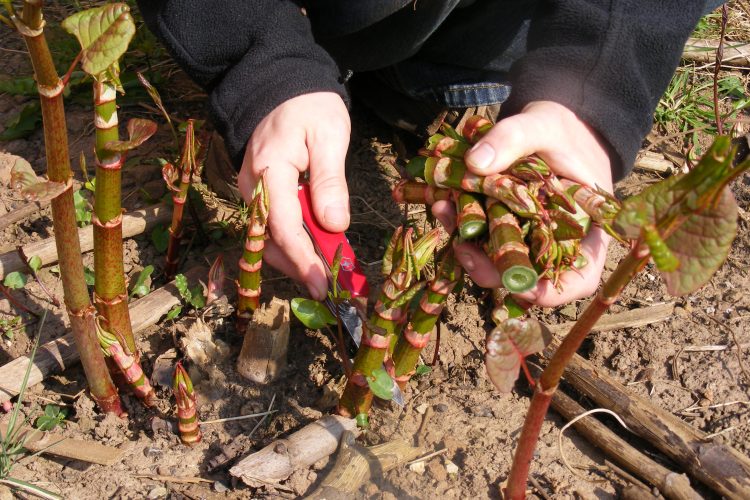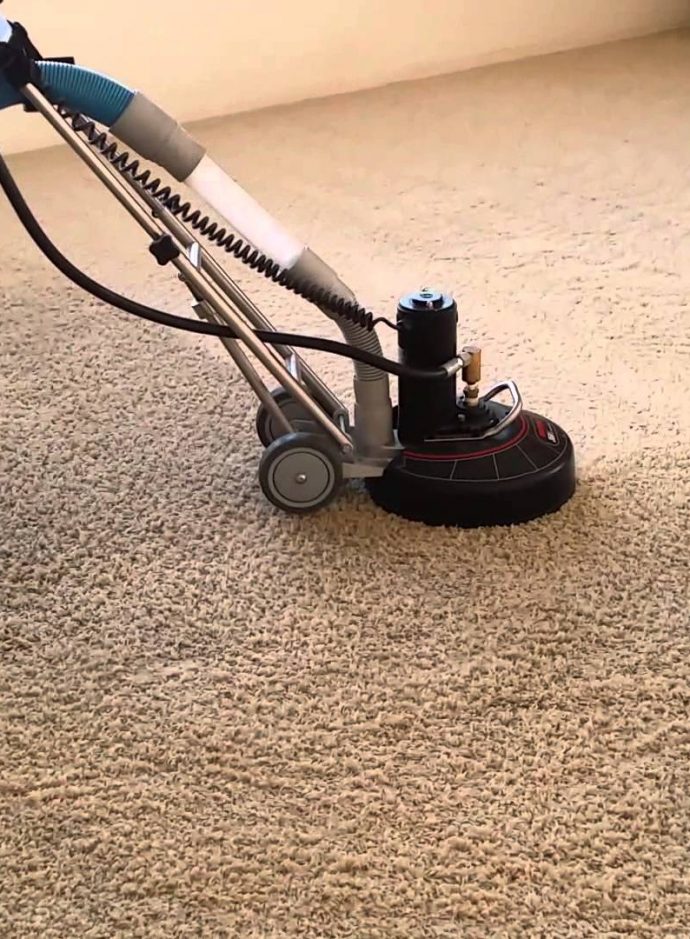When it comes to its tenacity and the damage it brings to properties and landscapes, the Japanese knotweed is on top.
Getting rid of this plant can be a very complicated and time-consuming process and costs a lot of money as well.
The Japanese knotweed if left unattended will create more damage to your property and will cost you a lot of money to rehabilitate the damages, not to mention the devaluing state of your property.
Eliminating the Japanese knotweed is not easy, in fact, the majority of people who have this in their garden or lawn hire professional removal companies as soon as they notice this plant has its own vegetation on their property, but there are many people who want to do it on their own.
If you are one of those who want to get rid of Japanese knotweed by yourself, here are some important things you have to learn before you start.
- Remove the weed as soon as possible– The Japanese knotweed is known to grow rapidly. In fact, it can grow up to ten centimetres each day while its roots can borrow three meters deep that is why it is very important to get started in removing this pest as soon as possible.
- Determine the different types of treatment– Unfortunately, not all Japanese knotweed infestation is the same and it requires different methods and different solutions for different Japanese knotweed identification to completely remove it from your lawn or property. You can either use treatment by using a herbicide or through stem injection or digging up all the infested areas from the ground using either a shovel or digging equipment while some use a root barrier to prevent the weed from spreading.
- Kill the roots– Just like other invasive plant species, killing the roots is the best way to get rid of Japanese knotweed because once it is removed, the Japanese knotweed will not regrow. Once you have fully uprooted the weed along with its branches, stems, and twigs, you should dispose of it properly in accordance with the imposed law. In the United Kingdom, there is a controlled waste screening service that can remove everything the Japanese knotweed has.
How damaging Japanese knotweeds are?
Currently, Japanese knotweed is considered the world’s most infesting and invasive plant species according to the World Conservation Union. Although it is completely not harmful to humans, it damages structures like hard or concrete surfaces, brick walls, and foundations which damages the entire integrity of the structure if not attended right away. The damage can be very extent knowing the rapidly growing nature of this invasive plant.
The Japanese knotweed is considered to be a voracious plant which is required to have proper identification and proper removal as fast as possible to prevent it from inflicting damage to the property and prevent it from growing.
In fact, it is a criminal offence if you let Japanese knotweed to grow and spread among your neighbourhood’s properties and if you fail to contain or remove it, you will pay for the damages it has done.




